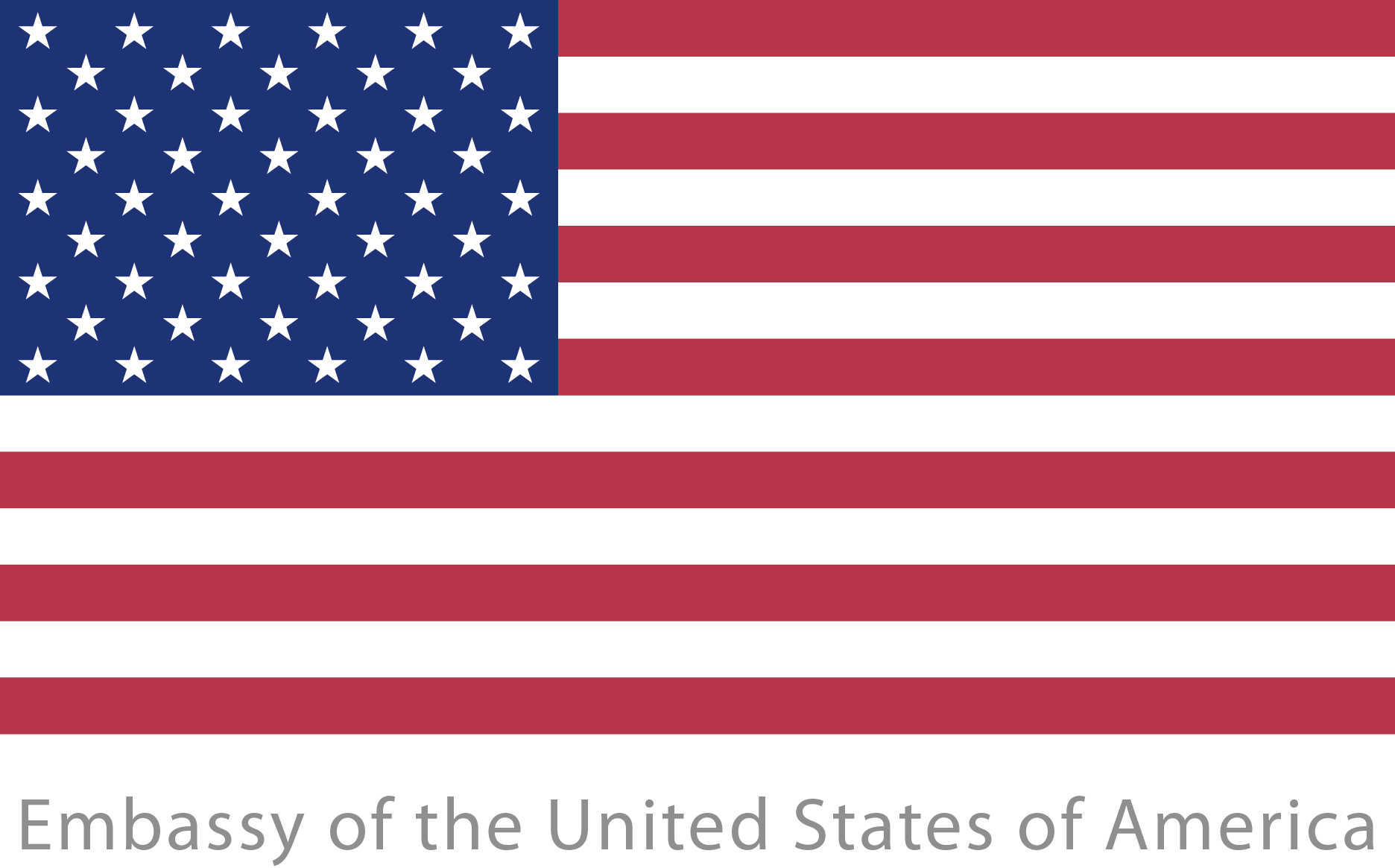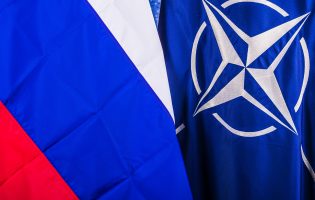The Future of Germany’s Nuclear Policy After the Ukraine War
Panelists:
Dr. Karl-Heinz Kamp, Lecturer at Roma Tre University and Associate Fellow at the German Council on Foreign Relations
Professor Marina Henke, Professor at Hertie School in Berlin and the Hertie Center for International Security
Mr. Robert Litwak, Senior Vice President and Director of International Security Studies at the Wilson Center
Moderator:
Dr. Stephen F. Szabo, Senior Fellow at AGI
A major challenge in the reshaping of German security policy after the Russian war on Ukraine and Moscow’s attempt to radically alter the European political and security landscape concerns nuclear deterrence. How does a non-nuclear country respond to the threat of nuclear intimidation that Putin has raised to European security? Can it continue to rely on the American extended deterrent and NATO’s nuclear policy when the U.S. political system is in turmoil? Is there a European alternative? How should Germany educate its public about nuclear issues? These are some of the questions considered in Karl-Heinz Kamp’s new book, Germany’s Nuclear Interests after the Ukraine War (Nomos Verlag).
This webinar included discussion of Germany’s approach to nuclear issues, the changed European policy environment in light of the acute Russian threat, and the transatlantic security dynamics.
Event Summary
In this webinar, Dr. Karl-Heinz Kamp discusses his latest book, Germany’s Nuclear Interests post-Ukraine War. He examines how Germany’s stance on nuclear policy has evolved in the wake of Russia’s full-scale war against Ukraine, defines its nuclear interests as a non-nuclear nation, and explores future steps for shaping its nuclear policy. Professor Marina Henke and Mr. Robert Litwak provide perspectives on Europe’s role in the evolving nuclear landscape and transition from a bipolar to a tripolar global nuclear order, with China emerging as a prominent nuclear power.
There has been a shift in nuclear policy understanding after Russia’s war against Ukraine from a transatlantic and German perspective. Nuclear weapons played a pivotal role in Russia’s decision to invade, serving as a deterrent against NATO intervention. Russia’s war has led to two fundamental changes: firstly, it disrupted arms control efforts for the foreseeable future due to a loss of trust necessary for agreements; secondly, it destroyed the illusion of a nuclear-free world. Instead, their role in Russia’s war may have increased the appeal of nuclear weapons for other nations.
These new dynamics hold significant implications for Germany, necessitating a reevaluation of its nuclear interests. Due to NATO’s heavy reliance on the United States for its nuclear deterrence posture during a time when concerns about the sustainability of U.S. support for European security are growing, Germany must clearly outline its own nuclear interests and develop a strategy accordingly. Germany’s current nuclear interests closely align with those during the Cold War. It remains essential for Germany to ensure credible deterrence, as it still maintains geographical proximity to potential nuclear battlefields. Furthermore, it is in Germany’s interest to gain access to detailed information on its nuclear allies’ plans, such as the location of U.S. nuclear warheads. Finally, Germany should be interested in participating in and thereby influencing U.S. nuclear planning to minimize damage in case of a war.
There are three key steps for Germany to pursue these interests successfully. The baseline requirement is to increase Germany’s nuclear IQ, that is, improve understanding of nuclear deterrence and the dilemmas and complex decisions it involves. Currently, nuclear deterrence education in Germany is limited, with only a handful of professors covering the subject at universities and the German Armed Forces treating it as a secondary topic in officer training. Second, Germany needs to recognize its crucial role within NATO as a nuclear-stationing country and stimulate strategic discussion among allies. This includes evaluating the relevance of NATO’s current nuclear posture, last renewed in 2012, and considering the deployment of more nuclear weapons and their stationing in countries outside of Western Europe. Third, while acknowledging the indispensable role of the United States, Germany should initiate a dialogue on nuclear interests with France and the United Kingdom.
Germany must adapt its nuclear IQ to the demands of today’s nuclear landscape, which now involves deterring multiple threats, notably from Russia, China, and Iran, in contrast to the Cold War’s singular focus on the Soviet Union. This new reality raises numerous unaddressed questions for transatlantic allies, particularly regarding how to handle two concurrent nuclear crises and the impact of emerging technologies like hypersonic missiles and underwater systems on deterrence.
Europe must prepare for an uncertain future. The current transatlantic alliance functions as a “spiderweb” with the United States as the center and European countries building smaller poles around it. In the event of a distracted center, through a re-election of Donald Trump or a conflict in Asia, the web would tear. To prevent this, Europe must establish its own robust structure by more actively engaging in the transatlantic burden-sharing agreement. This involves a critical examination of the suitability of the B61 gravity bombs currently stationed in Europe and the relative advantages and disadvantages of alternatives like nuclear-armed cruise missiles. To make a meaningful contribution, Europe should identify an area where it can lead efforts, possibly focusing on the role of cybersecurity. Finally, despite the setback, Europe should persist in working on arms control that also involves China. Germany, as a non-nuclear power and a neutral party, could be a suitable convener, but at this point, the requisite expertise is lacking.
China’s expanding strategic nuclear forces has global implications. This development presents the United States with the challenge of soon facing two nuclear-armed peer competitors, further destabilizing an already precarious global nuclear landscape. The grim outlook for future arms control agreements means that competition in this new tripolar nuclear era would have no guardrails and, in contrast to the Cold War where it was relegated to the periphery, unfold in regions of vital interests such as Ukraine and Taiwan.
From a U.S. perspective, the way forward involves an emphasis on arms control efforts, although the current outlook is bleak. The U.S. proposal for talks with China was rebuffed due to concerns about locking China into an inferior position. Engaging in dialogue with Russia appears similarly unfeasible at this moment. Meanwhile, the United States must reinforce two traditional approaches for reducing nuclear risk: deterrence by punishment and deterrence by denial. The United States has strengthened the former through reiterating its security commitments to NATO allies, through prepositioning dual-use capabilities in Europe, and a demonstration of unwavering political resolve, exemplified by National Security Advisor Jake Sullivan’s commitment to respond to any form of nuclear use, low or high yield. Deterrence by denial will entail enhancing cyber and space assets to render NATO allies less susceptible to attacks, but also maintaining credible conventional military forces. Germany’s 100 billion euro special fund is a good example of that.
This webinar is supported by the United States diplomatic mission in Germany.







